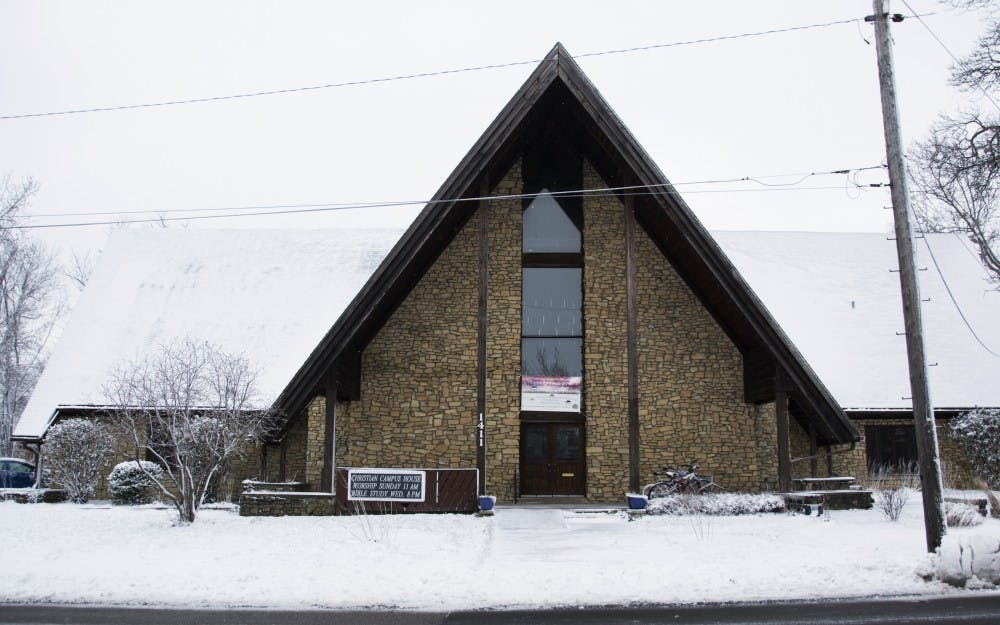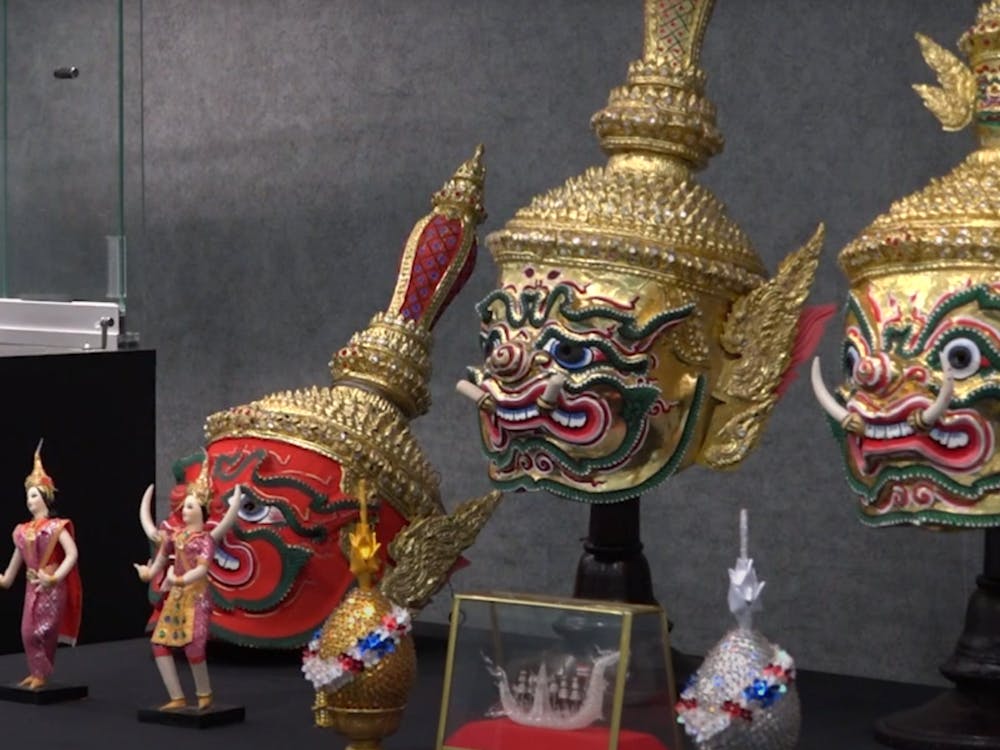- 41 percent of millennials said “religion is very important,” while 59 percent of baby boomers did.
- 52 percent of millennials said they have an absolute certain belief in God in comparison to 69 percent of baby boomers.
Source: Pew Research Center
American millennials are significantly less religious than older generations, according to a recent study from Pew Research Center.
Only 41 percent of millennial adults who were born between 1981 and 1996 said religion is very important, while 59 percent of baby boomers did, according to the study. Fifty-two percent of millennials said they have an absolute certain belief in God, in comparison to 69 percent of baby boomers.
Michael Hout, a sociology professor at New York University and author, said in an interview with Pew Research Center that he believes millennials tend to have independent attitudes toward religion.
“Many millennials have parents who are baby boomers, and boomers expressed to their children that it’s important to think for themselves — that they find their own moral compass,” Hout said. “Millennials have been and are still being formed in this cultural context. As a result, they are more likely to have a ‘do-it-yourself’ attitude toward religion.”
Ryan Weigold, president of the Catholic Student Union at Ball State, said he feels like it all goes back to the older generations before us who have fallen from faith.
“So many of our parents’ generation seem to have fallen away from faith, and their lack of conviction has caused doubt in our own generation,” Weigold said. “The baby boomer generation is ideologically identified with the redefinition of traditional values. Their children, millennials, are being trained to redefine everything based on our opinions. We are afraid to commit to religion because religion has core beliefs that don’t change, and that looks like a loss of freedom.”
Religious beliefs can also be effected by an overall lack of trust, Hout said. There is a lack of trust in the labor market, with government and in marriage, he said. In particular, younger people are less confident with their trust in institutions.
But he said he did not believe that trust was the whole story, though.
“There has been a long list of scandals in recent decades, such as Watergate, that have undone the reputations of major institutions the greatest generation trusted,” Hout said. “Millennials didn’t grow up trusting these institutions and then had that trust betrayed like older Americans might have. They didn’t trust them to begin with. And these institutions have let people, particularly young people, down.”
But there are other ways to look at the trend besides focusing on the generations before us, said Tara Heilwagen, a freshman theater and telecommunications major.
Heilwagen said this generation tends to want to lean more toward the opposite of what their parents taught them. However, she said it could also be due to everything millennials are exposed to.
“With all the developments in technology and science, we have developed different ways of thinking and are constantly discovering new things,” Heilwagen said. “We are more likely to actually think about things rather than the other generations who haven’t had those opportunities.”
Weigold said the lack of religion could be due to millennials losing sight of the higher, long-term goods and instead focusing on short-term pleasures of life, like drugs or sex.
“Millennials tend to rebel against things which have rules and because religions have guidelines, many people only see the rules,” Weigold said. “Because they only see the rules, they blame religion for removing the pleasures they are seeking.”
Although millennials are not as religious as older generations, the study does show that they are likely to engage in many spiritual practices outside of organized religion.
Fourty-six percent say they feel a deep sense of wonder about the universe at least once a week, according to Pew. Likewise, 55 percent say they think about the meaning and purpose of life on a weekly basis, which is similar to older generations.
While the trend in religion among millennials may continue, Victoria Ison, president of the Latter-day Saint Student Association, said the ones who do have faith are strong, and that will be enough to keep organized religion and churches alive.
“People’s hearts are going to fail them and they are going to sin,” Ison said. “It gets harder and harder to believe in something that we don’t see, and as we have been getting more and more advanced, we start to rely on ourselves rather than our God.”
|
• 41 percent of millennials said “religion is very important,” while 59 percent of baby boomers did. • 52 percent of millennials said they have an absolute certain belief in God in comparison to 69 percent of baby boomers. Source: Pew Research Center |





